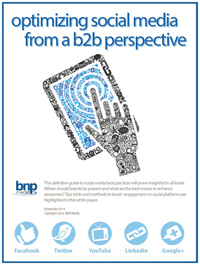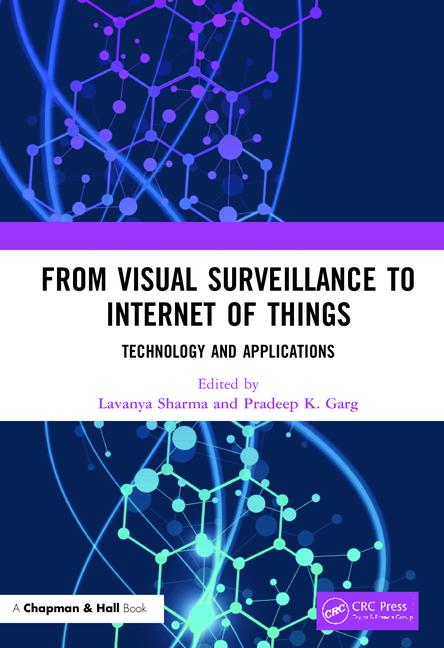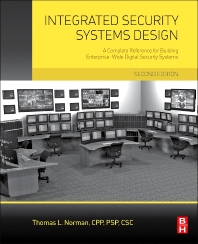Westside Manor, an ungated, middle-class community in San Jose, Calif., had a problem with daytime break-ins and trespassing. Adjacent to a high school and an expressway, much of the neighborhood’s foot traffic was from non-residents, including San Jose’s significant homeless population. When homeowners were at work, robberies occurred frequently. Doorbells with video cameras were proving ineffective at deterring the criminals, as were sporadic patrols by contracted securing guarding services and the San Jose Police Department.
The Westside Manor Homeowners Association works with Grayson Community Management (Grayson) to handle vendor services like security and preventative maintenance. Francisco Martinez III, Grayson’s senior community manager assigned to Westside, explains, “We knew we needed to do something, but budgets were a limiting factor. We didn’t have the funds for a dedicated full-time patrol, and because the community is older, it’s only wired for electricity. We assumed that meant we couldn’t easily deploy a video surveillance network. Besides, we weren’t convinced that cameras alone would make much of a difference in stopping the break-ins.” Reportedly, a statistical study published by New York University supports this belief.
Martinez met with EPIC Security Works (EPIC), a high-end residential and commercial guarding services company based in the San Francisco Bay area. Justin Frazer, director of systems at EPIC, recalls discussing Martinez’ challenges and asking, “Does your guard need to be a person?”
Frazer had recently been introduced to Robotic Assistance Devices (RAD) autonomous, artificial intelligence (AI)-based security and safety solutions, which deliver surprisingly affordable and effective 24/7 virtual guarding. The RAD systems do so via turnkey hardware and software that leverages powerful AI analytics to detect suspicious situations or behaviors, attention-grabbing lights, and powerful audio and visual messaging. RAD devices transmit video and data via enhanced cellular to a proprietary cloud platform that enables security personal and property managers to monitor and manage a site’s security from anywhere.
Frazer proposed deploying nine RAD ROSA devices (Responsive Observation Security Agent) at strategic locations where break-ins were most prevalent. The system would provide coverage of streets and perimeter areas where pedestrians or vehicles must pass to reach the vulnerable areas of the Westside Manor neighborhood. Frazer gave Martinez an online demonstration of the system. “I’m a child of the ’80s and a science fiction buff. The ROSA units reminded me of the movie Demolition Man. I was definitely intrigued. It seemed like this could solve our problems in a way that neither I nor the community had previously imagined.”
Martinez gave a presentation of EPIC’s proposed RAD solution to the HOA’s elected five-member board. Impressed with its capabilities, pricing and testimonials from satisfied RAD customers, they scheduled a community-wide open meeting to present the solution to all residents.
EPIC and RAD deployed the ROSA units at Westside Manor in October, 2022. Most are positioned on poles about 9-10 feet up; a few are wall-mounted. They can detect activity up to 400 feet away. Furthermore, the multiple ROSA system encourages residents to report any suspicious or troublesome incidents they observe immediately. LED lighting on each unit displays a direct phone number to reach Centralized Vision. Operators there can call up live and recorded video to investigate the situation and be on the lookout for similar events in the future.
Currently, the units at Westside Manor detect suspicious events, but all intervention and response involve remote human operators. The units could be doing more, as ROSA’s integrated lights, scrolling LED messaging and speakers can provide warnings or assistance autonomously based on perceived triggers. For example, the units could alert drivers if they have parked illegally or remind children using the community pool that they must have a supervising adult present. Pre-programmed messaging could also offer advance notice about scheduled roadwork or information about upcoming HOA events.
The full case study can be accessed here.






